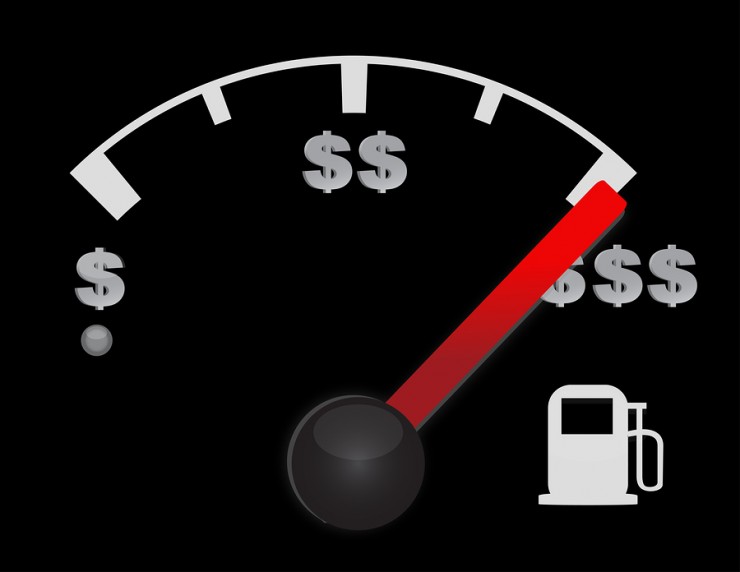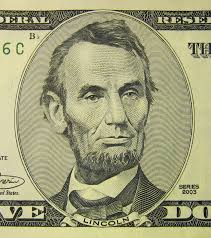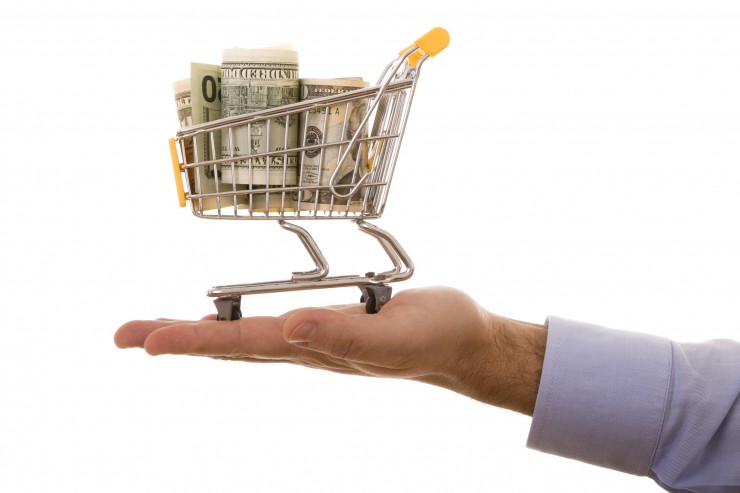A video version of one of our most popular posts.
Plus, see the article below. Enjoy!
When an individual is attempting to get out of debt any extra little bit of cash helps the cause. Most people think that they are doing everything they can to further their goal of debt free living. However, you would be surprised at some of the super simple ways you could make an extra $250 dollars a month or more. That extra $250 dollars a month could help to drop the balance on a credit card or other type of debt really fast.
Here are a few realistic ways to make an extra $250 each month.
Babysitting
Most folks think this is a job for bubble popping teenagers, but child care is in very high demand. Quality child care is hard to come by.
My family just went through the process to place an ad in the newspaper and go through an interview process with several adults to help us avoid the higher cost of day care. We found that we would feel much more comfortable with our child being cared for by an adult, especially one who has children of their own. If you do, parents will know that you have the necessary experience to give their child proper care.
When you consider that most babysitters charge about ten dollars an hour, you can see how quickly a few babysitting jobs could add up toward your goals.
Holiday Work
 During the holidays, especially Halloween and Christmas, there are many venues that pop up for a few months offering seasonal services and seasonal employment. Pumpkin patches and Christmas tree farms are two of the most popular seasonal employment locations.
During the holidays, especially Halloween and Christmas, there are many venues that pop up for a few months offering seasonal services and seasonal employment. Pumpkin patches and Christmas tree farms are two of the most popular seasonal employment locations.
Many of these seasonal employers especially need help during the evenings and on the weekends. That makes this a great addition to your regular day job. Another perk included in this type of work are the discounts on holiday items you may need anyway. Extra income plus extra savings!
Ebay
You may not be interested in becoming an Ebay businessperson, but reselling on Ebay can bring in some much needed extra cash when you are trying to supplement your income. You may find it helpful to sell your unneeded items to supplement your debt management program. They even offer a great write-up on how to get started.
You can take this advice a step further, however, buy buying and reselling items from yard sales and thrift shops that you know will bring in a good profit. Thrift shops will often have high dollar items such as purses and shoes that can be resold for huge profits. Keep an eye out for name brands or high dollar items being sold at a deep discount.
Saving is Earning
Do not underestimate the power of saving money in places you usually spend. If you save some money on a normal monthly expense, you have earned that money. If you manage to reduce your electric bill by $50, then you have earned that $50. The same is true for all of your utilities. Conserving water, gas and electricity can really add up over time.
Renting a Room

I know of several people who have made this maneuver with tremendous success. If you have some extra space in your home, you can make it available for rent to easily make an extra $250 a month. Platforms such as AirBnB make it easy and safe to do so. I have had friends report that they earned over $1,500 in one month and made friends along the way, all by making sue of that spare bedroom.
Regardless of your situation, there are always ways to supplement your income if you are able to put a little bit of time and effort forth. Create an honest budget and start using two or three of these methods to make some extra money, and you’ll be debt-free in no time!


 Nothing
Nothing 

 The most basic of energy saving techniques also happens to be the one most people have the least faith in. Do you really believe that one closest light burning all day affects your electrical bill?
The most basic of energy saving techniques also happens to be the one most people have the least faith in. Do you really believe that one closest light burning all day affects your electrical bill? 

 Perhaps you’re aiming much lower than that, and you’d be happy to win the smallest prize of just $4. Your odds are still not great: 1 in 55. And if you spend $2 per ticket and it takes you 55 tries to win, are you really winning after all? You just paid $110 to win 4 bucks.
Perhaps you’re aiming much lower than that, and you’d be happy to win the smallest prize of just $4. Your odds are still not great: 1 in 55. And if you spend $2 per ticket and it takes you 55 tries to win, are you really winning after all? You just paid $110 to win 4 bucks.












